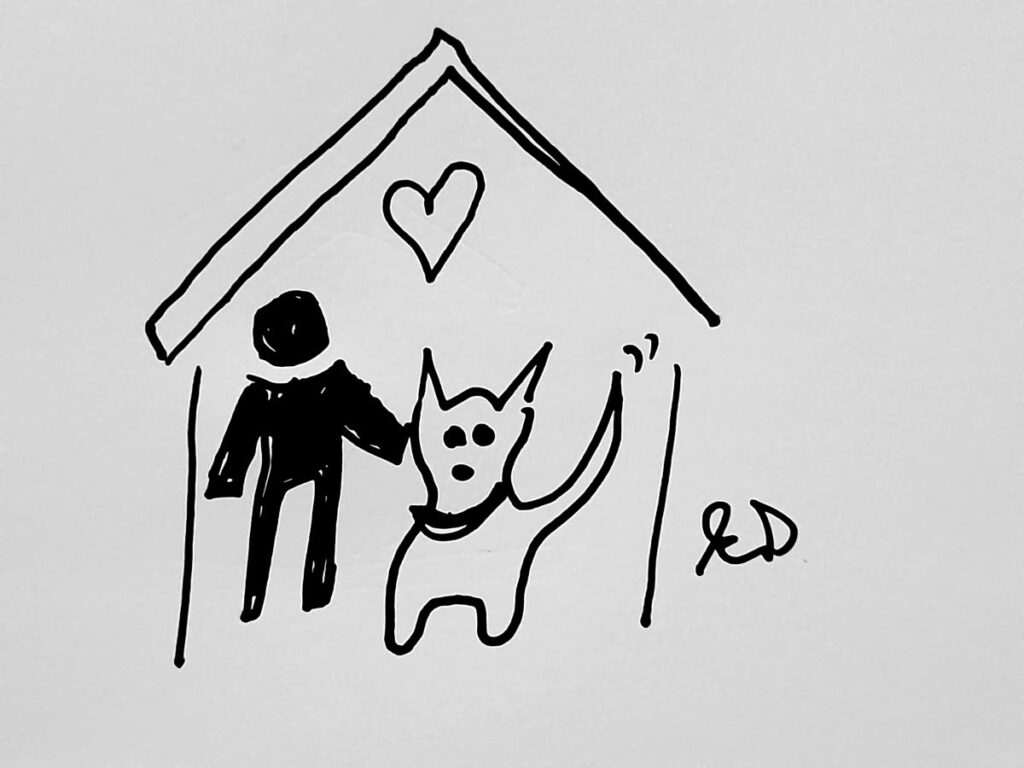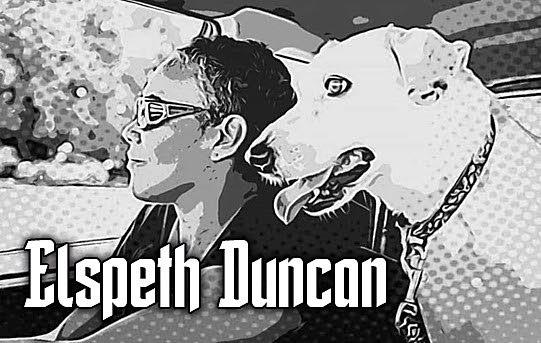A place to call home

Recently a visitor to Tobago e-mailed me, expressing concern about a dog living across the road from her vacation abode. There had been a lot of rain daily and, whenever she looked through the window, she would see the dog – tied to a tree with nowhere dry to sleep (the yard was very muddy), in what she described as "deplorable conditions."
Now aware of the dog’s situation, a friend and I discussed getting a shelter built for him – with the help of donations (cash and/or materials) from loyal supporters of animal rescue/welfare efforts.
This case is but one example of the far-too-many unsheltered animals existing throughout TT. I say "existing" because their quality of life is sometimes too low to even be considered worthy of a living creature.
About four years ago I encountered two Tobago dogs who had never had shelter. One of them, a beautiful yet skeletal creature, was tied under a mango tree on a steeply sloping hill; so not only did she have no protection from rain, but she had no flat surface upon which to stand or lie – a tiring existence. The other dog, tied to a steel rod in the middle of the stony garden, had absolutely no shelter and was constantly exposed to the elements.
The man who had introduced me to these dogs lived nearby and fed them daily, since the owners merely tossed scraps and bones to them on the odd occasion. The fellow animal-lover told me that during nocturnal thunderstorms, he would hear those dogs barking and screaming incessantly. On one such night, too distressed by their sounds to be able to sleep, he went with pieces of galvanize and stood over the dogs in an attempt to shelter them from the torrential downpour.
Two friends and I subsequently built a spacious doghouse for those two unsheltered canines. We painted the word "Home" on it. I believe the house is still there – but the dogs are not. One eventually died and, after we removed the other to give her life-saving veterinary treatment, she was adopted to a loving home.

A "house" (a physical shell containing tangible objects designed to facilitate day-to-day living) is not necessarily a "home" – a place where, traditionally speaking, elements are in place to nurture a sense of safety, belonging, nourishment and emotional connection for those dwelling within.
The Habitat for Humanity website (www.habitat.org) states: “Habitat for Humanity is a nonprofit organisation that helps families build and improve places to call home. We believe affordable housing plays a critical role in strong and stable communities.”
I believe that a strong and stable community is also one in which people have the compassion and consciousness to recognise the need for "even dogs" to have "affordable housing" (physical shelter) that can be considered "places to call home" (providing high standards of well-being – love, food, general care).
After all, what message is sent by someone who thinks it is permissible to have any living creature exposed 24/7 to everything from scorching sun to torrential downpours?
I have included Habitat for Humanity’s mission in order to extend to the area of animal welfare through a concept which we can reflectively term "Habitat for Hounds." This does not have to be an organisation – it can be as simple and effective as a movement driven by people caring enough to provide housing and care opportunities for underprivileged dogs whose owners cannot (or do not comprehend the need) to provide that "luxury."
Some may laugh at this concept, but is a dog any less deserving of shelter and protection than we are?
As I write, the skies are dark grey, clouds ready to burst, thunder rolling. My dogs are panting and panicking, keeping as close to me as possible. I am thankful that they belong to the category of "fortunate ones"; they are safe and dry and have me as their provider, protector and comforter.
When frequent heavy rainfall causes increasingly severe flooding and damage, particularly in low-lying areas, I (and others of similar ilk) also think of dogs (and other animals) tied to short ropes or chains, unable to run for shelter or, worse yet, to escape from inevitable death by drowning.
When every sentient being has not just a "house" (shelter) but "a place to call home" (love/care), we will know what it is to be "a progressive society." The examples we set will naturally show care for the highest well-being of all beings in our communities.


Comments
"A place to call home"